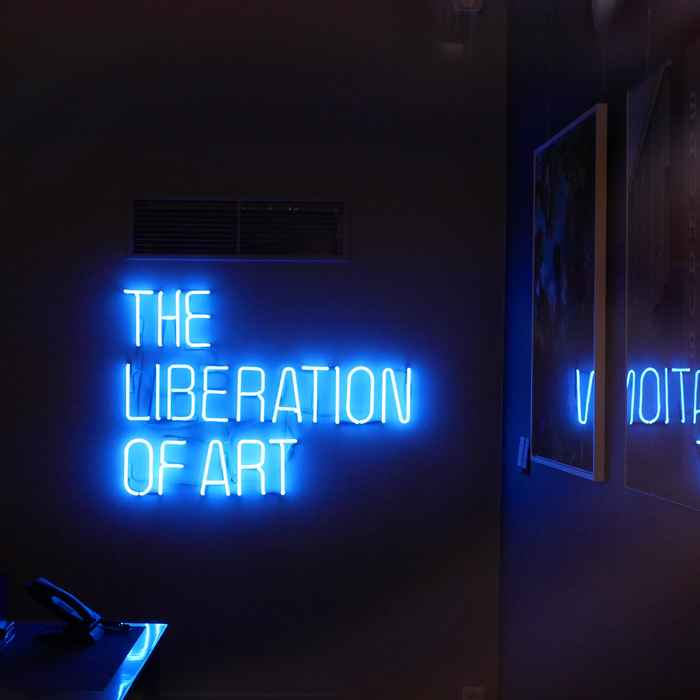Word and Image Research Group: Mia You, Meme Aesthetics
- Date
- 16 April 2025
- Time
- 16:00 -17:30

“The meme has become the message,” announced The Guardian in the lead up to the 2024 U.S. election. While the results of that election could be said to reveal the tragic consequences of when history has become farce, as well as the total aestheticization of politics today — what Walter Benjamin defined as “the logical outcome of fascism” — we might also do well to consider how both the power and the poorness of the meme challenge us to erase, rethink, and claim affordances for aesthetics that can push beyond the limited frames of the current political imagination.
In this session of the Word and Image group, Mia You (English Language and Culture, Utrecht University; Critical Studies, Sandberg Institute) will present the special issue on “Meme Aesthetics” she recently co-edited with Stephen Best and Damon Ross Young for Representations. The special issue brings together scholars of literature, art history and media studies to interrogate the pitfalls and potentialities of meme aesthetics and, subsequently, meme politics. Participants are invited to read Paloma Duong’s “practical criticism” of a meme, “Seizing the Memes of Extraction,” from the special issue for discussion: https://online.ucpress.edu/representations/article/168/1/88/203762/Seizing-the-Memes-of-ExtractionA-Latin-American We will then engage in a collective attempt at close reading (and therefore a discussion around what goes into “close reading”) a meme.
All articles in the special issue are currently open access: https://online.ucpress.edu/representations/issue/168/1